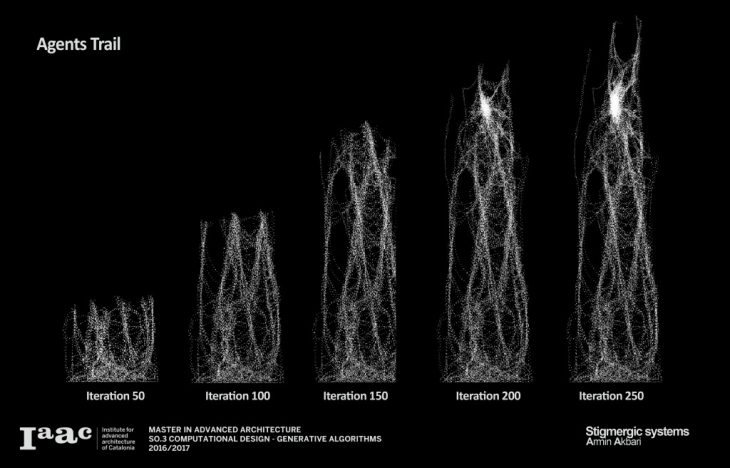

According to this theory, change occurs when two conditions are met: first, a critical mass in the number or importance of “anomalies” which contradict the dominant paradigm, and second, the successful development of an alternative theory that better explains the prevailing evidence.

A body of literature has sought to understand this change process, influenced by Kuhn’s theory of paradigm shifts in the natural sciences.
WHATS A PARADIGM SHIFT SERIES
2 Theoretical models of paradigm changeĮach period of change featured a series of economic and political crises, the failure of orthodox ideas and policies to explain and respond to them, and the resultant replacement of the orthodoxy by a new approach.
WHATS A PARADIGM SHIFT FREE
The second was from the post-war consensus to neoliberalism, starting with the currency and oil shocks of the early 1970s and the adoption of free market economic policies in the 1980s, ushering in the current period of neoliberalism. 1 The first was from the laissez-faire paradigm to the post-war consensus, covering the period from the Wall Street Crash of 1929 to the implementation of mainly Keynesian economic orthodoxy and policy approaches in the post-war period.

Over the last hundred years, Western political economy has broadly experienced two major periods of breakdown and transition from one politico-economic paradigm to another. Politico-economic paradigms can exert a powerful influence over academic and media debates, as well as on policymaking institutions, both national and international. Such paradigms generally encompass political/economic goals, analytical/theoretical frameworks for understanding the functioning of economies and societies, narratives which describe and justify the goals and analytical framework, as well as economic and social policies, based on the analytical framework, that seek to achieve specific goals. We shall refer to a dominant group of ideas as a politico-economic paradigm. Modern economic history can be roughly split into different eras in which certain sets of ideas have dominated politics and policy. The final section assesses the degree to which economic and political conditions since the financial crisis offer an opportunity for a new paradigm shift away from neoliberalism. We then examine how the second of these, the shift to “neoliberalism”, occurred. We begin with an explanation of the concept of a “politico-economic paradigm”, with reference to the theory and history of the two paradigm shifts occurring in the 20th century. This paper seeks to understand the processes of paradigm shifts in economic ideas and policy.


 0 kommentar(er)
0 kommentar(er)
